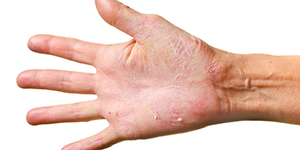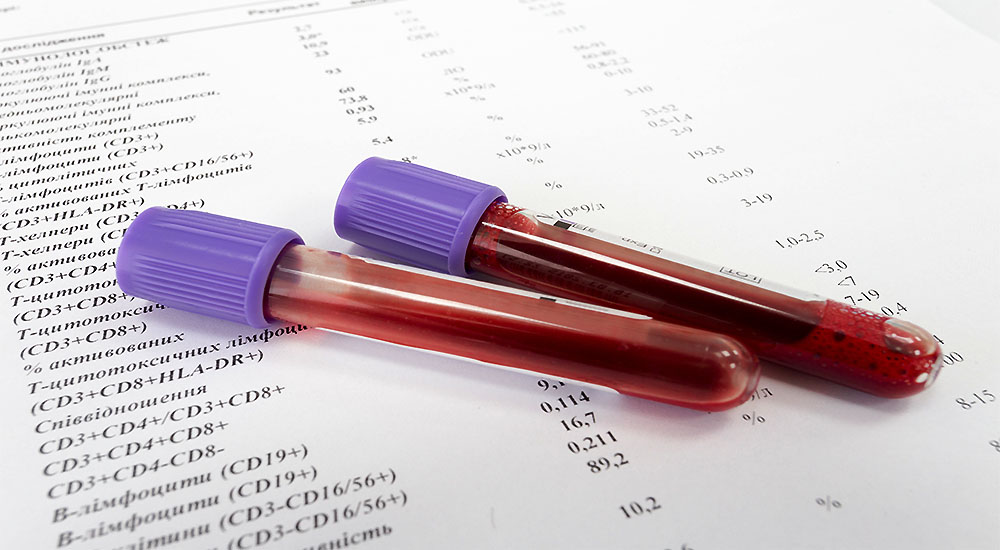6 Steps to Fix Dry, Itchy Winter Skin

 Can I Get Rid of My Dry, Cracked, Itchy Skin?
Can I Get Rid of My Dry, Cracked, Itchy Skin?
I was shaking the hand of a young lady here at Root Cause Medical Clinic the other day and was shocked by how dry and rough her skin was. She’s only a teenager and she doesn’t do manual labor nor work with chemicals or excessive water—but her skin was seriously dry and cracked.
With winter approaching, it reminded me that this is the time of year when patients start to complain of dry, itchy, cracked skin. Are skin problems inevitable as days grow cooler and shorter, and we spend more time with heaters on? Absolutely not!
6 Simple Steps to Healthy Skin
Follow my 6 Steps to Healthy Skin below and you’ll enjoy moist, supple skin all year round.
1. Let’s start with the basics – water. Have you ever been on a long plane flight and later noticed how dry and rough your hands were? The humidity level on planes is ridiculously low, sucking the water right out of you. Similarly, heaters in winter dry out the air and they too can dry your skin.
The solution is simple: HYDRATE! Dehydration is a big problem in this country regardless of the season and as a clinical nutritionist, I’m often amazed at how much better my patients feel simply because they started drinking ample amounts of water. But it definitely worsens in colder weather and around the holidays when alcohol consumption can rise.
Here’s my simple formula: take your weight and divide it in half. That number represents the number of ounces of water you should consume each and every day.
Here are a couple of caveats:
Try to only drink about 8 oz per hour, not more. Drinking before a meal is fine or about 30 minutes afterward, but not during – the water dilutes the digestive enzymes and you don’t absorb the nutrients from your meal as well.
Don’t “chug” your water. If you drink it very rapidly or too much in a sitting, it will leave your body just as fast rather than taking the slow route through your system which results in better hydration and detoxification.
Juice, coffee, and soda are not substitutes for good clean water.
2. Take fish oil every day. Omega-3 fatty acids can be found in a good quality fish oil, nuts such as walnuts, omega-3 enriched eggs, avocados, seeds such as flaxseeds and its healthful cousin omega-9 can be found in olive oil.
If you’re a vegetarian, there are certain sources of omega-3s like flaxseeds that require some saturated fat in order to convert them to their active form of DHA and EPA.
Coconut is such a saturated fat and a healthy one at that. And it’s a great alternative if you’re avoiding dairy products that are also a form of saturated fat, but not one that the doctors here at Root Cause Medical Clinic recommend.
While you’re increasing your omega-3s and 9s, also consider lowering your unhealthy omega-6s. These are pro-inflammatory, bad fats that too many Americans eat in excess. Eliminating pre-processed, pre-packaged junk and fast foods are a great start in reducing your omega-6 intake.
Eating the right fats is one thing, absorbing them is another. If you feel that you are doing all the “right” things in your diet but still suffer from skin issues, there is likely something in your digestive tract preventing you from assimilating these good oils. For that, come to see us at our Functional Medicine department. We specialize in getting to the root cause of such issues.
3. Fruits and vegetables seem to always be on my to-do lists. There’s a great reason for that—they provide almost endless benefits to your health.
Aim for 9 servings of organic vegetables (5-6 servings) and fruits (3-4 servings) to provide healing antioxidants and phytonutrients. These will help repair your skin and intestine while reducing disease-causing inflammation.
Remember, a healthy gut means healthy skin.
4. Probiotics are another important addition to keeping the gut healthy. These “good bacteria” assist in keeping the immune system strong and the intestine and skin healthy. Find a human strain of a combination of probiotics such as Lactobacillus and Bifidus and take about 40 billion colony forming units per day.
5. Exercise is too often forgotten in our country. The action of exercise is not just good for the heart and the muscles, but sweating is a method of detoxification that is healthy for the skin.
Try for 100 minutes per week to start and monitor your heart rate such that you maintain a range of 180 minus your age for about 30 minutes. Do you exercise and not sweat? Give us a call – it means that your body is quite toxic. Not to worry – it can be fixed.
6. Yes, but what lotion should I put ON my skin? With all the beauty ads that assault us in magazines, online, and on television, the answer to our skincare problems seems to lie in a bottle. Actually for the most part that is untrue.
Healthy, soft skin comes from the inside out, as we have been discussing. I am frequently asked what I put on my skin because it’s so soft. The real answer lies in what I eat and how I care for my body as a whole.
But with that said, topical coconut oil or coconut butter (no chemicals please, get something pure) is a nice topical product to apply after you shower. Leave the skin a little damp and apply the oil directly on the skin and massage it well. Let it soak in for several minutes so that you don’t get any on your clothes.
What Part of Your Body “Dictates” the Health of Your Skin?
Your skin health reflects your colon and digestive health. And the digestive tract is an incredibly important part of your overall health status. When the gut is unhealthy there is no way your health will be strong. And I would be remiss to not mention that one of the biggest insults to the digestive tract is eating foods to which you are sensitive. Definitely get that evaluated when you have any symptoms of a digestive or skin nature.
So whether your skin is dry, itchy, has acne, eczema, or psoriasis, it is important to address the health of the digestive tract in order to restore the skin to its optimal health and beauty. Don’t fall for the topical approach of creams or steroids. They won’t do anything to improve the health of your GI tract and, in the case of steroids, they will actually harm it.
Do you need help with your health?
We have the diagnostic and testing tools, the clinical experience, and a different medical approach to discovering the root cause of why you have the symptoms that are bothering you. As long as you are ready to make some dietary and lifestyle changes, we can help you. We will "hold your hand" through the changes, step by step, to make each step an easy one. We are located in Clearwater, FL, at 1000 S Ft Harrison, at the corner of Ft. Harrison Ave. and Magnolia St. There is plenty of parking space directly accessible from Ft Harrison. If it is not convenient for you to come to Root Cause Medical Clinic, we offer telehealth/telemedicine consultations to residents of certain states. Call us for details.
Contact us for a Consultation – Call 727-335-0400

Dr. Vikki Petersen DC. CCN
Founder of Root Cause Medical Clinic
Certified Functional Medicine Practitioner
Dr Vikki Petersen is a public speaker, author of two books, several eBooks and creates cutting edge content for her YouTube community. Dr Vikki is committed to bringing Root Cause Medicine and its unique approach to restoring health naturally to the world.
Ask a Doctor
Have a health concern you'd like to speak with a doctor about? Or just want clarity on a subject? Ask Us!

 Can I Get Rid of My Dry, Cracked, Itchy Skin?
Can I Get Rid of My Dry, Cracked, Itchy Skin?
